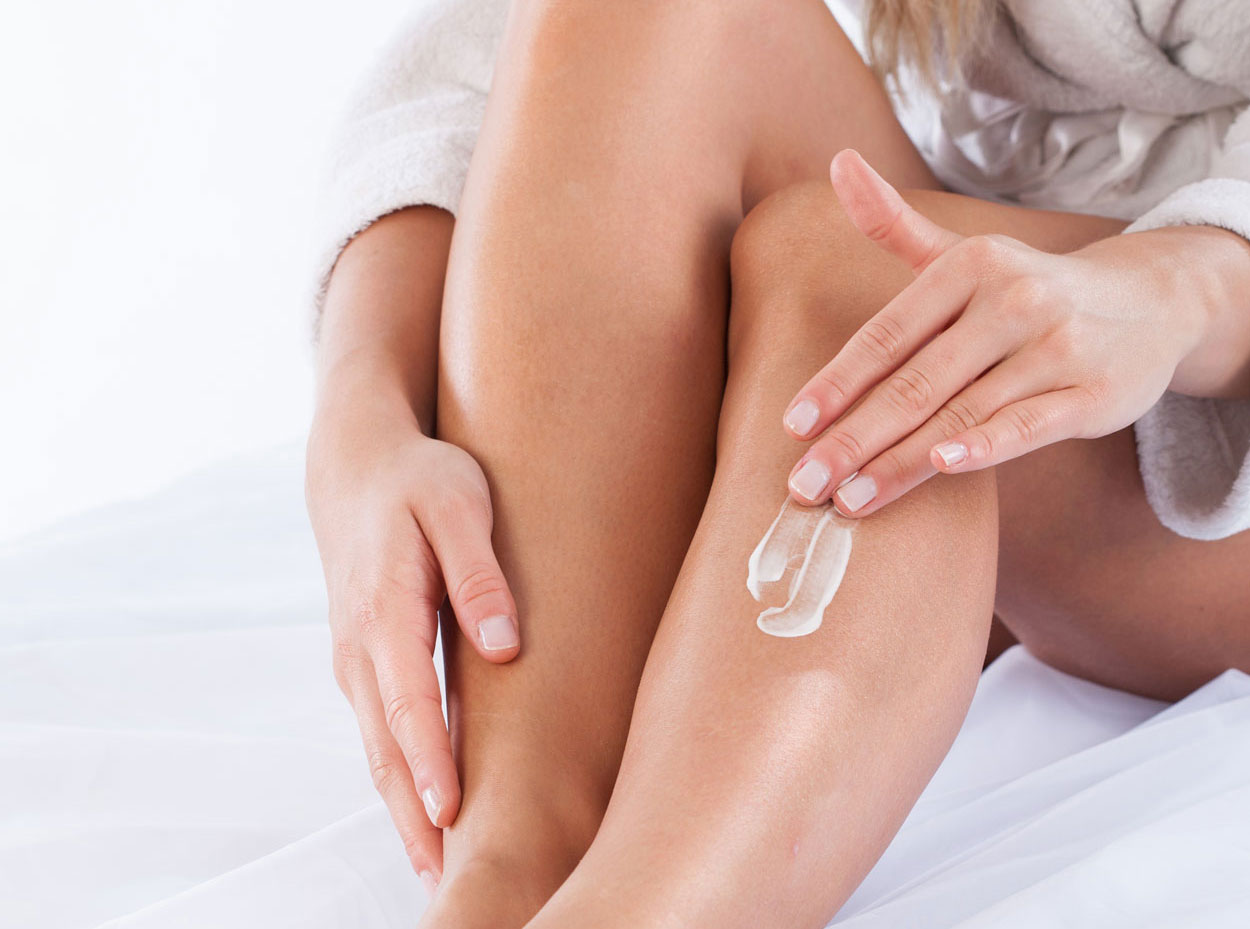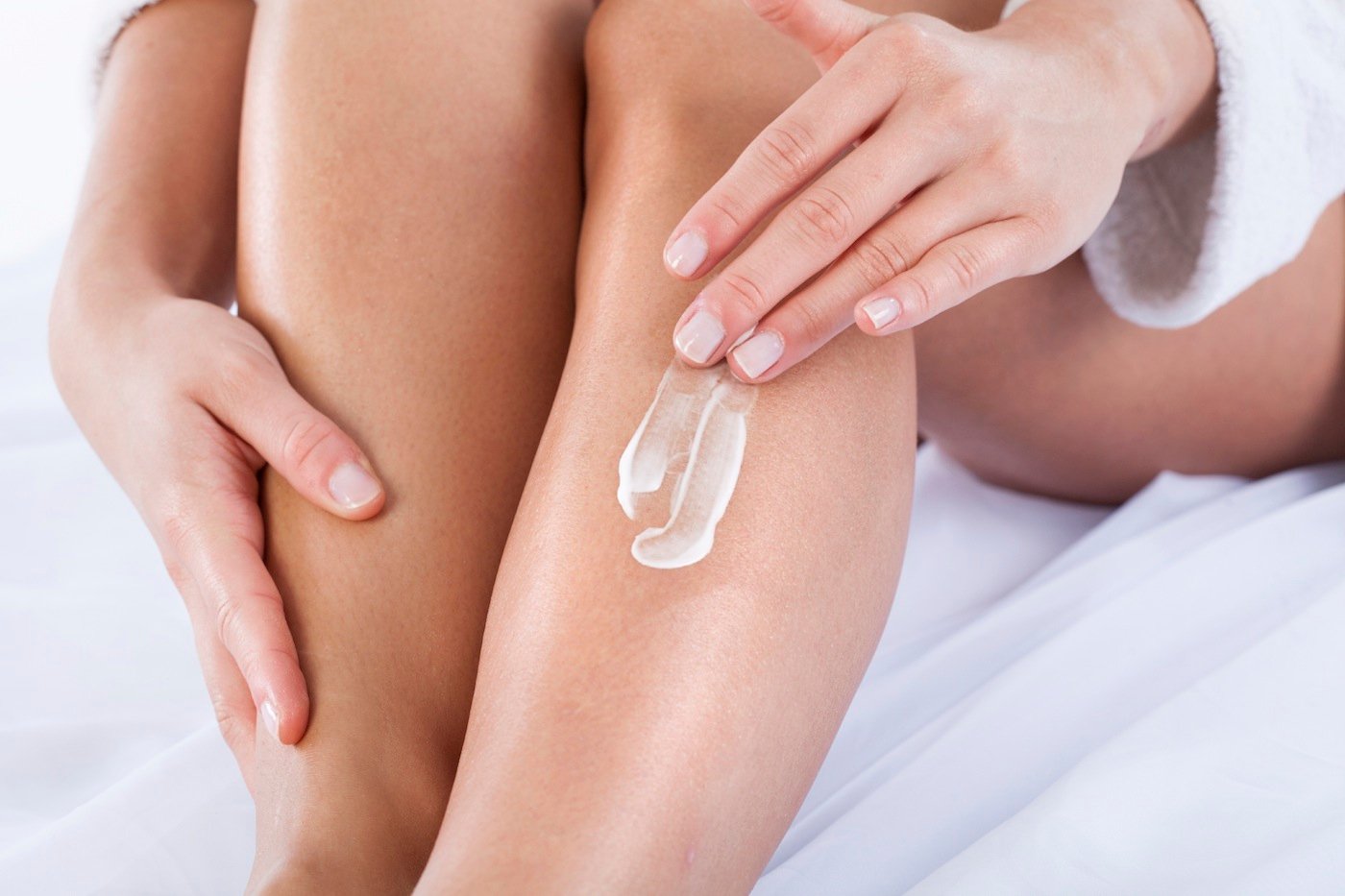The cold weather is particularly harsh on skin. As the temperatures drop, so do humidity levels, which often leads to dry, itchy skin. There are several easy steps to reduce the impact of cold weather and to keep skin well-hydrated and comfortable.
- Minimize the number of hot baths or showers a day. Although it feels great when it’s chilly outside, hot water strips the skin of natural oils. It is best to steam up the shower with hot water before getting in, then turn the temperature down when you are actually under the shower head.
- Avoid harsh soaps and cleansers. Anti-bacterial and deodorant soaps are usually the most drying. Choose gentle, non-fragranced cleansers. In the winter, wash only those areas that really need it, such as underarms, groin, and feet. Avoiding soap on the arms, legs, and back (the areas that tend to get very dry in winter), will allow the skin’s natural oils to remain.
- After bathing, follow the “Tanzi Two-Minute Rule.” The rule means you need to slather on the moisturizer within two minutes of toweling off. Moisturizers are best used immediately after bathing to lock the water into your skin.
- Use a high-quality, thick moisturizer. Good ingredients to look for in a moisturizer include shea butter, lactic acid, colloidal oatmeal, or hyaluronic acid. The most important time to use a moisturizer is right after the bath, but it is also helpful when used liberally throughout the day.
- Get a humidifier for your bedroom. Central heating leads to very low humidity levels, which in turn dries out the skin. Humidifiers come in many different varieties; there is no one best brand to purchase. Pick one that works for you and your budget and be sure to keep it clean.
- Hydrate your hands. Hands can get painfully dry and cracked in the winter due to frequent hand-washing and the increased use of anti-bacterial hand sanitizers. Hydrate them overnight with a healing ointment (my personal favorite is Aquaphor) and inexpensive cotton gloves.
If the above steps don’t help relieve your dry, itchy skin, see your doctor. A prescription-strength cream to soothe the irritation may be required.
Dr. Elizabeth Tanzi is a board-certified dermatologist.




















